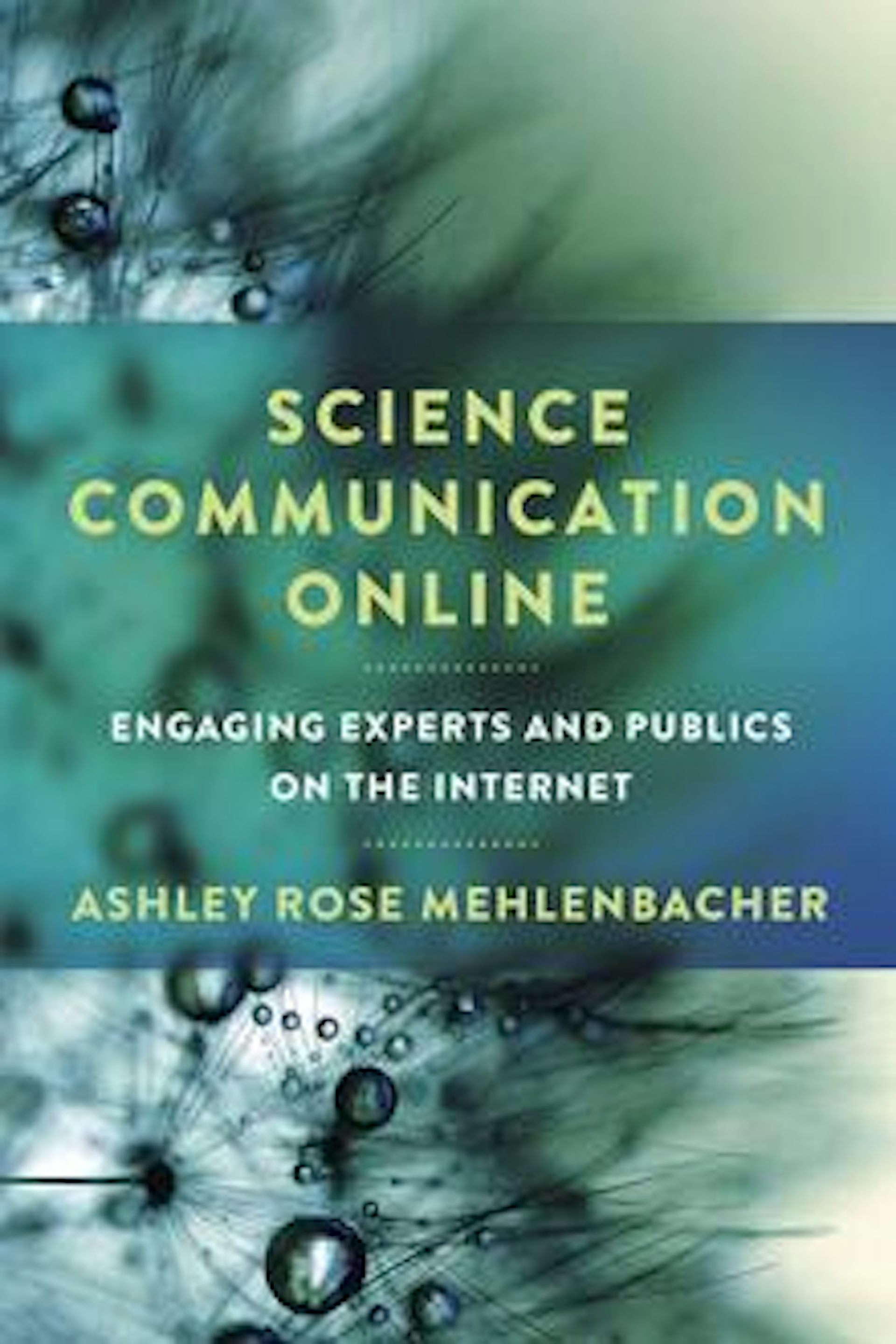
Communicating science online increases interest, engagement and access to funds
(MENAFN- The Conversation) Twitter, Instagram, Facebook and other social media platforms are sometimes dismissed as distractions for students. But they're also avenues for scientific communication.
Scientists are active on social media, discussing everything from methods to the latest developments in research. They even use social media to raise funds. Scientists sometimes provide mentoring online and have conversations with more junior researchers about their careers. Social networking tools also provide a space to build both social and professional networks, allowing scientists to develop new collaborations.
Dismissing online science communication as trivial to theintellectual work of scientistswould be a mistaken position.
Crowdfunding research
Crowdfunding platforms, such asExperiment , allow everyday people to fund scientific research and include features similar to those found in traditional grant proposals. Crowdfunding proposals, however, also include features of social media, such as biographies explaining not only credentials, but personal interests and passions.
As public funding becomes increasinglydifficult to secure , some scientists arelooking to alternative venues . However, crowdfunding also illustrates how problems arise online, too.
Questions about ensuring accountability, managing ethics and regulating funds need to be considered. Further, although crowdfunding can be useful for those starting out, the levels of funding cannot compete well with publicly funded research support.
Crowdfunding may also rely on already powerful social networks, which is something that is not available to everyone, and can further reinforce barriers. Acknowledging how access to platforms can be reliant upon one's social and professional connections rather than their science is important.
Crowdfunding isn't the only funding mechanism that faces such questions. Public funding and private funding is subject to questions of accountability, ethics and regulations.
Public forum
Online science communication is not only for popularizing science, but an important space to address serious problems within science, too.
High-profilescientists and science popularizershave been revealed to have been supported by financier and convicted sex offender Jeffrey Epstein. Researchers at theMassachussetts Institute of Technologyand Harvard University received funding from Epstein. Others benefited from hisconnections to publishersfor book deals.
Details continue to emerge, but it's clear at this point scientists and science communicators havebenefited from private funding implicated in the exploitation of children . At the moment,scientistsandjournalistsare calling out this unethical behaviour, notably on Twitter, andcalling for changesto how powerful networks in science operate.
Because the ways we communicate about science tell us about the broader culture of science, expectations for scientific conduct, ethics and norms, it's important to examine these new forms of communication.
Communicating science online

The book examines how the internet is changing how science is communicated.
Cover from the Ohio State University Press.
In my new book,Science Communication Online , I explore how online science communication is changing how we communicate about science ( the book is available for free download ). I also examine what changes to science communication online tell us about broader changes to where science fits in the public life.
Examining differentgenres of communicationallows us to understand how different forms of science communication accomplish different goals. For example, thescientific research articlesare structured and used quite differently from a newspaper article reporting the results of a study. When looking at online forms of communication, a number of new genres have emerged, allowing scientists and science communicators to achieve a wider range of communication goals. These can incorporate characteristics of a research article combined with accessible language or visuals to reach abroader audience .
Blogs are one example of this. Some communicate moretechnical information , others discusseventsand still others discuss matters pertinent toscientist training . Other blog posts help explaincomplex science to the public .
A future for online science communication
Science communication online is dynamic. Understanding the new ways we can communicate about science requires immersion in the conversation.
Read more:
Citizen science can help solve our data crisis
That conversation isn't just for scientists. Online spaces, too, can serve broader purposes. Consider the news aggregate website Reddit's 'Ask Me Anything' series, where scientists regularly answer questions about their work. University of Waterloo doctoral researcherDevon Moriarty , a colleague of mine in rhetorical studies, has found that in such spaces, people havesophisticated criteria for assessing a scientific expert's credibility . Online science communication allows for more of dialogue between scientists and those interested in their work.

To communicate their research and findings to a wide audience, scientists need to be aware of the ways in which people seek and access information online.
Shutterstock
Science enthusiasts can look to online spaces to learn more about scientific subjects, the process of science, vetting scientific claims, learning about the scientists themselves, and evenparticipating in scientific research .
[ You're smart and curious about the world. So are The Conversation's authors and editors.You can read us daily by subscribing to our newsletter . ]
Research
Internet
Science communication
Online
Information
Research dissemination

Legal Disclaimer:
MENAFN provides the
information “as is” without warranty of any kind. We do not accept
any responsibility or liability for the accuracy, content, images,
videos, licenses, completeness, legality, or reliability of the information
contained in this article. If you have any complaints or copyright
issues related to this article, kindly contact the provider above.
















Comments
No comment